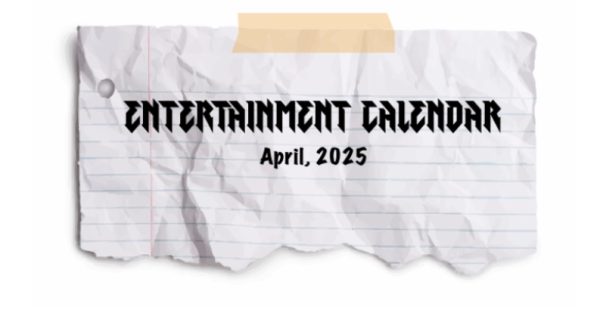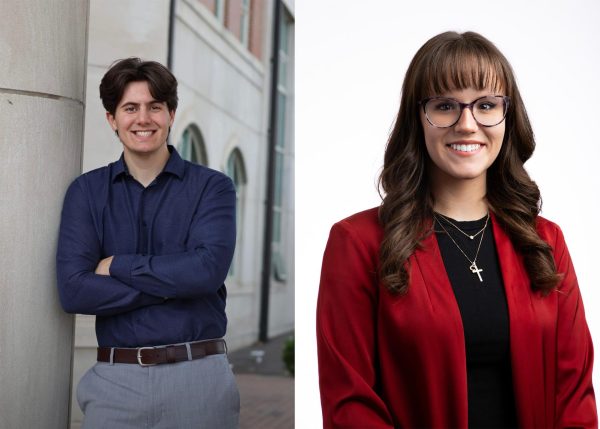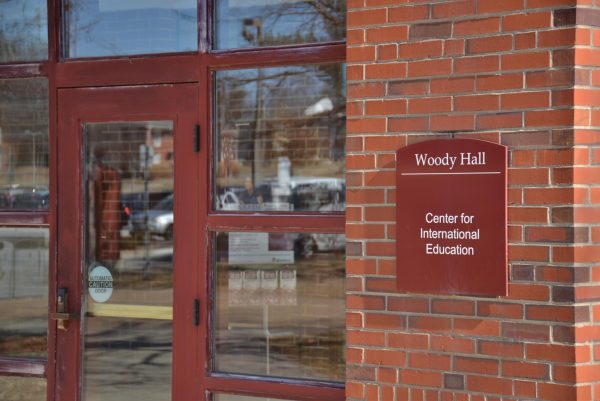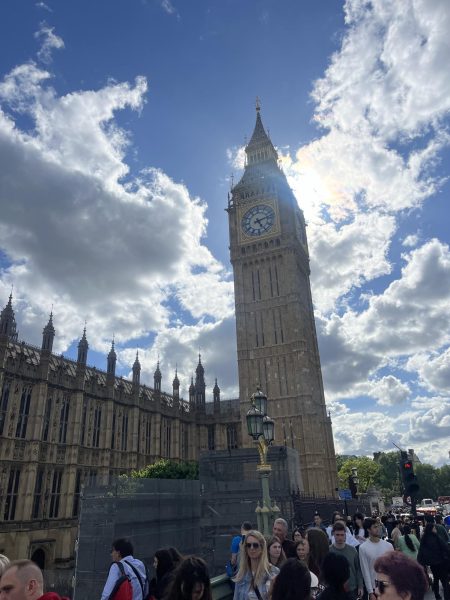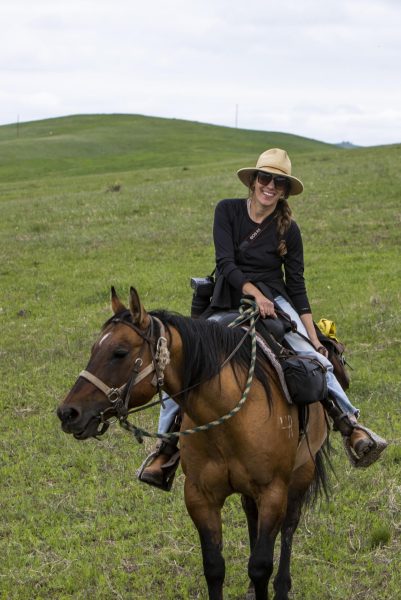Freedom of the press and fake news
One thing that really struck us as interesting is the fact that freedom of speech is protected even more here than it is in our home country. For example, unlike in America, denying the Holocaust is a criminal offense there. Also, freedom of the press goes further in the U.S. than in Germany: There, it is perfectly normal to send the shortened and edited transcript of an interview to the interviewee for authorization before publishing. That way, they can check whether the final print version of the interview stays true to what they meant to convey in the actual conversation. If interviewer and interviewee disagree, however, the interviewer still has the last word on what to publish. This procedure is not a legal obligation, but common practice. We were surprised to learn that this is utterly unusual in America. (Here, however, some journalists might refrain from publishing certain parts of an interview for fear of facing lawsuits. That, too, might impact freedom of the press.)
Like in the U.S., fake news have been on the rise in the past few years in Germany. Especially during the pandemic, many people started to distrust public broadcasters. Even though public TV and radio stations strive to be as politically independent as possible, they are often accused of reporting in a way that is too uncritical of the government. Commercial broadcasters, on the other hand, have a different credibility problem: In order to be able to compete with the heavily-funded public news outlets, headlines and push messages of many private media companies are becoming increasingly lurid. By appealing to the readers’ and viewers’ sensationalism, some hope to get more subscriptions or higher ratings. This is very dangerous: Many people do not read the entire article or watch the entire video, but only see the headline. Thus, without meaning to, television stations and newspapers can contribute to negatively influencing public opinion and dividing society.
During the Covid-19 pandemic, however, many viewers turned to commercial broadcasters, who are not funded by the German government. Some assumed that their reports might be more independent. And, indeed, many commercial news outlets were not afraid to criticize the federal government’s decisions regarding pandemic response, some of them rather harshly. In a democracy, it is essential to have a variety of opinions and independent news sources to draw from.
Advertisement
However, many people who were critical of the government’s crisis management began to look for alternative information and news on social media. A lot of them, among them vaccine skeptics and conspiracy theorists, gathered on the messenger app Telegram to share dubious articles and studies. While big tech companies like Facebook or Twitter are legally required to flag and/or remove false information, the German state has so far had no recourse against Telegram. The company is based in Dubai. Several attempts by the government to contact the operators of Telegram failed. The fact that more and more people are looking for alternative news on these platforms instead of relying on quality media poses a massive threat. Both commercial and public TV broadcasters as well as radio stations and newspapers must fight to win back the trust of this group of readers. Otherwise, our democracy may be at stake.
Advertisement







